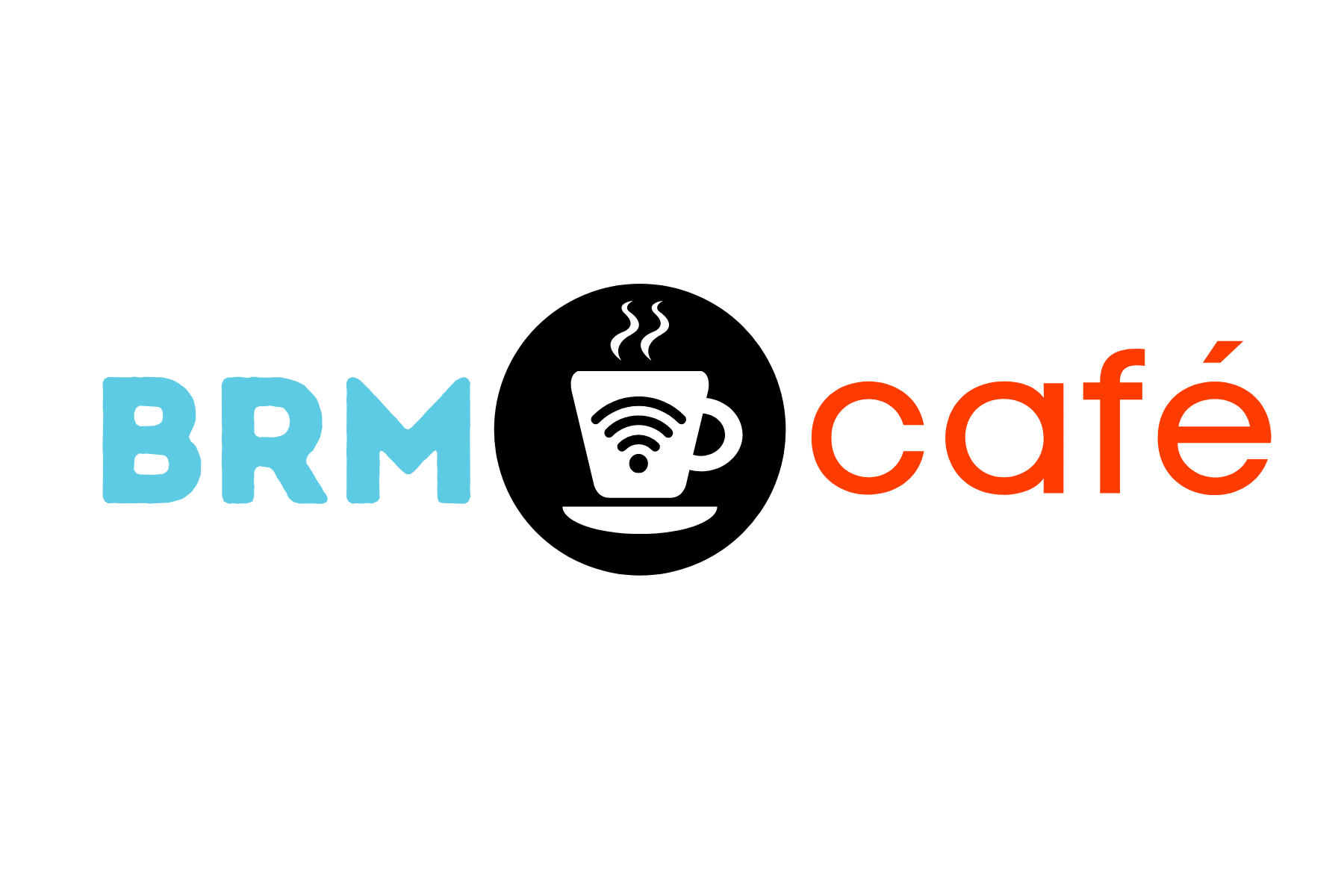Community of Practice or BRM Team?
Recently we have seen discussions in organizations around the need for a BRM office, BRM center of excellence or BRM community of practice. Unfortunately often with an intent to take control over a BRM team and not see it as a learning tool. We need to make sure we understand how we can make a BRM team successful, not how we can control it.
A BRM is a work team that together build strategic partnerships, drive value, evolve culture with the goal of delivering results and satisfying purpose. BRM teams need to share the way they work, while understanding there are differences between business units in the organization.
A community of practice is defined as follows:
“Communities of practice are groups of people who share a passion for something that they know how to do and who interact regularly to learn how to do it better.” —Etienne Wenger
“You know you are in a community of practice when it changes your practice.” – Harold Jarche
When I read these two statements, I see the overarching community of practice being provided by the BRM Institute. This is where the members find a trusted way to test out ideas, challenge assumptions and get answers. An extension is the social network that comes with that through meeting other BRMs in different situations (through social media, workgroups, etc.)
A BRM team need to know how they work in their own organization, working with each other to ensure you satisfy the purpose of the organization. The team needs to get together on a regular basis where it is not only about WHAT you are working on, but also HOW you work. Coaching and mentoring sessions within the team will help to ensure everyone is on the same page. I see this as a team effort, that pulls information and learning from a community of practice.
Starting the BRM Team
Start with a team meeting where you discuss the purpose for the team, a few standard techniques around relationship management, value management, communication and desirable behaviours for the team. Knowledge and skills can be important to work on, but what we often miss is the focus on desirable behaviours and mindsets for the team. The initial session can be easily done in a workshop. After that workshop have regular meetings where you discuss topics, and coach each other in your work – learn how to do it better. Continuous learning from each other is going to be important. We need to work on the capabilities in the team that focus on learning from each other, community participation (BRM Institute), critical thinking, managing complexity, experimenting, etc.
If you make it too formal through an internal community of practice (community of control?) it can force the BRM teams to follow processes, use obvious approaches, measure themselves against other teams etc. The result? It becomes a tactical team that drives towards standard processes and approaches. This is not the intent of a strategic focused BRM team. The drive for control is to go back to a comfortable position, not drive innovation at the edge.
Innovation is lost if we tell BRMs exactly how to do their work.
Focus on what capabilities, capabilities and mindsets your team needs,
NOT on the processes or benchmarking.
You need a BRM team that can lead towards the future that delivers value to the organization. They do this through building strategic partnerships and changing ways of working. This is where the real value of the BRM team comes in. Trust your Business Relationship Managers, and make sure your management team trusts and supports them.
Want to learn more about BRM and the how the team needs to work together? Attend a BRM Professional course, or contact us for more information about coaching.

